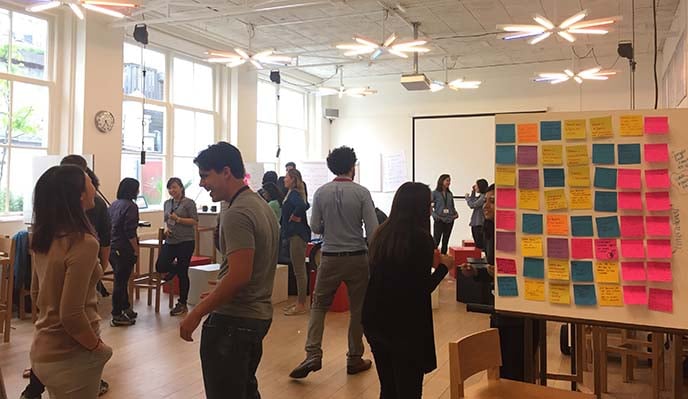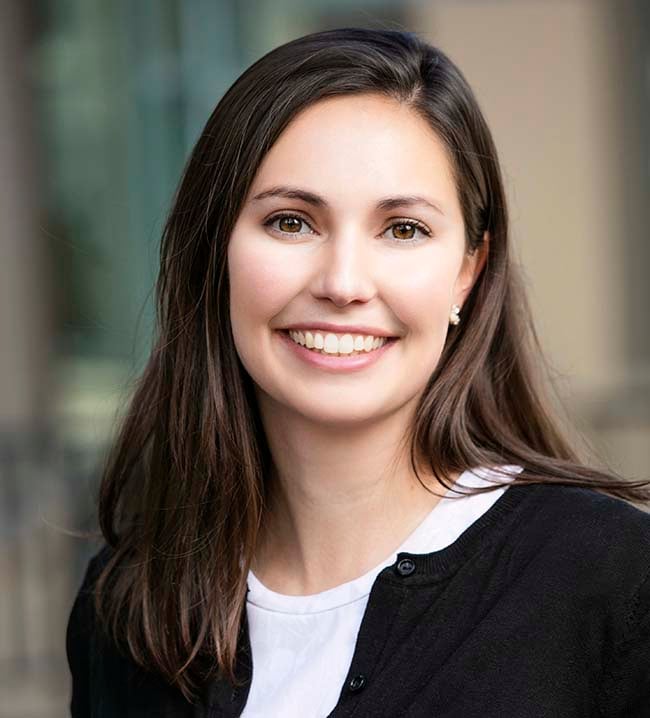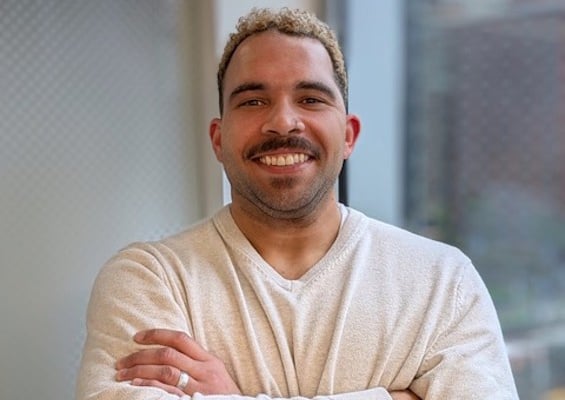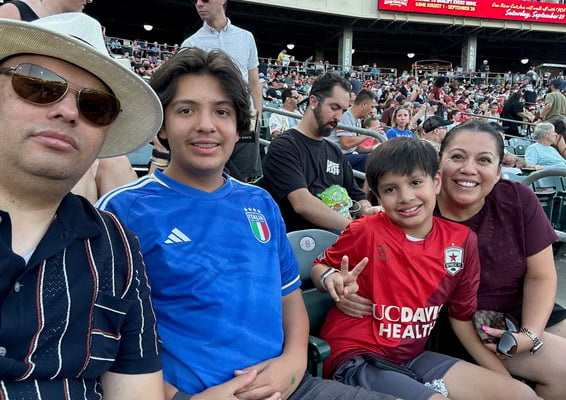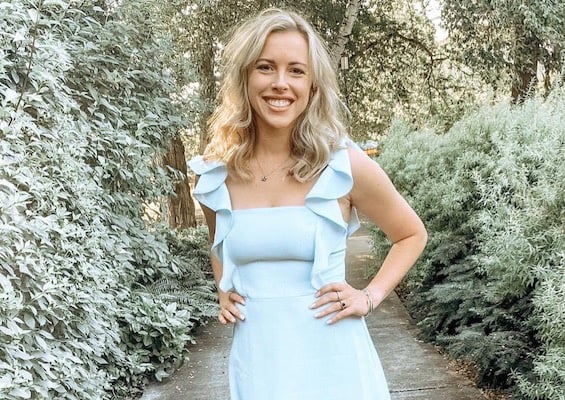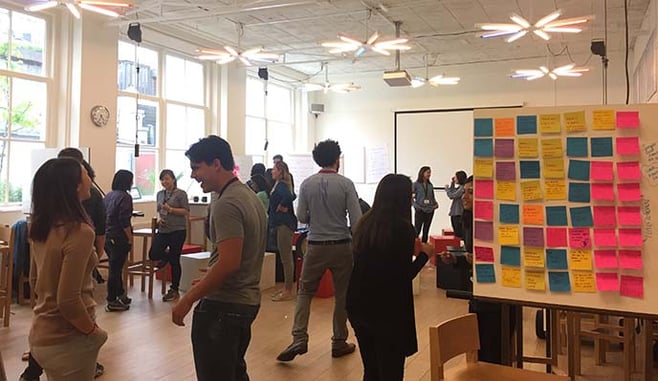
Berkeley MBA students now have another opportunity to experience business culture abroad, while polishing their consulting and design thinking skills at the same time.
This past spring, 30 full- and part-time MBA students from the Full-time and Evening & Weekend Berkeley MBA Programs traveled to the Netherlands to participate in Design Thinking for Business Innovation. The new course, says Kristiana Raube, executive director of the Haas School's International Business Development (IBD) program, "teaches students an interactive, dynamic approach to leading innovation, while fostering a deep understanding of one organization in an international setting.”
Lecturer Rajiv Ball, a former McKinsey & Company partner and current partner with the THNK School of Creative Leadership in Amsterdam, teaches the course, which incorporates THNK curriculum and combines elements from both the Berkeley-Haas Seminars in International Business (SIB) and IBD. Like SIB, the course is one week long, and like IBD, it focuses on a single “real world” problem for an international organization.
Students learn a structured approach to innovation that combines design thinking, innovation strategy, leadership, and entrepreneurship, generate new insights for a client, and, in this case, learn about business in the Netherlands.
During their week abroad students partnered with Jumbo, a major Dutch supermarket chain, to help reduce food waste in its customers’ homes.
Before arriving in the Netherlands, the students researched food waste, as well as trends in the Dutch grocery industry and consumer habits. They then spent five days at THNK where they formed teams to come up with innovative solutions to the problem and concluded the week by pitching their ideas to top-level JUMBO executives.
Among the ideas pitched were an education program to address a lack of “kitchen confidence” that would help consumers cook with minimum waste and a “generations program” to connect young consumers with the “grandmotherly” knowledge older generations possess on frugal use of food resources.
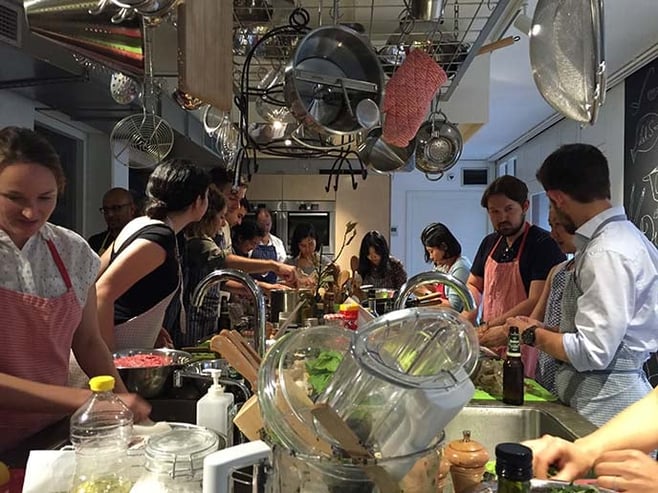
After pitching their ideas to JUMBO executives, student celebrate with a tapas cooking lesson and dinner




